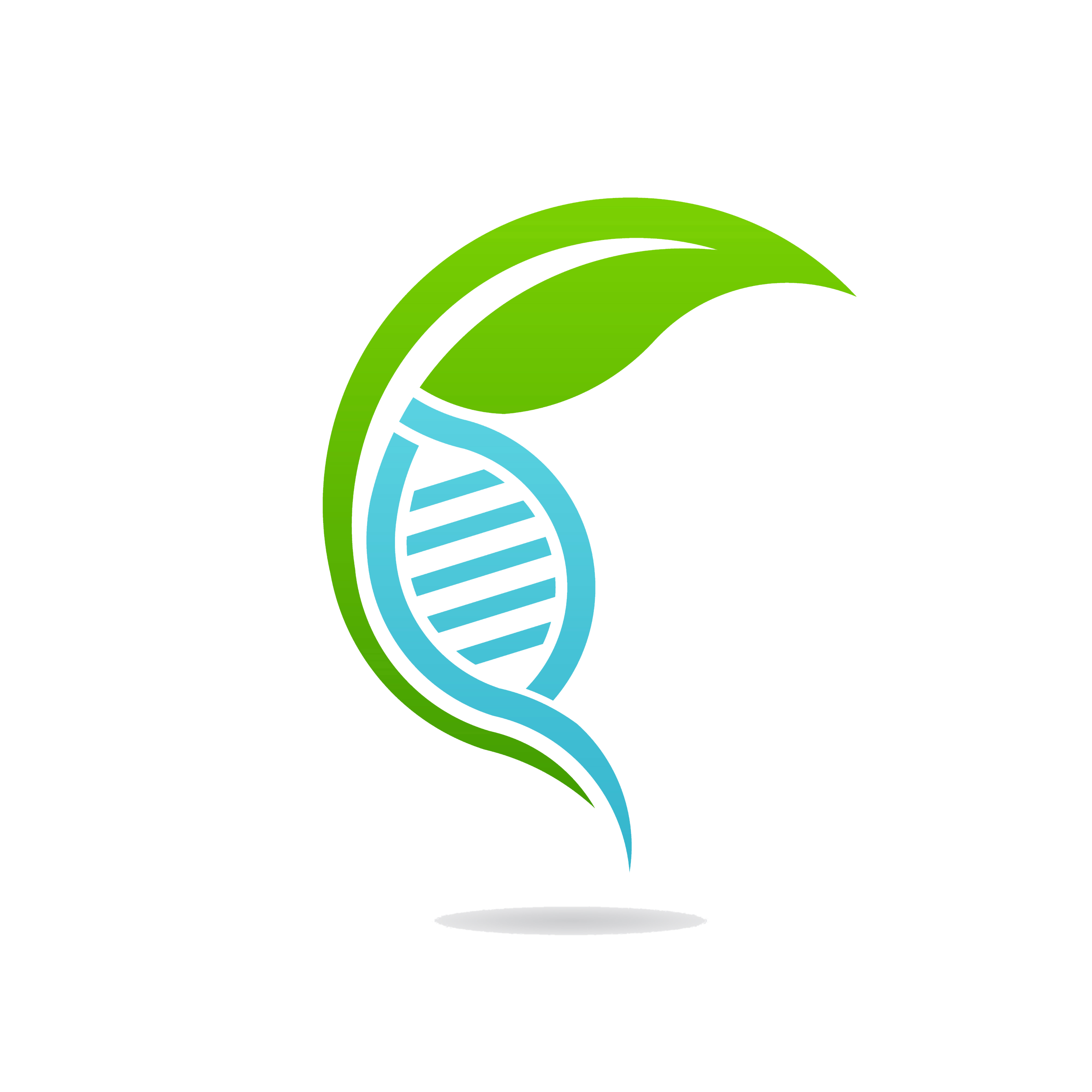Beat the Winter Blues
- Restore Equilibrium Naturally

- Feb 2, 2021
- 2 min read
Updated: Mar 23, 2021

Our health and mood are influenced by our exposure to sunlight. Many of us are affected by Seasonal Affective Disorder (SAD) each winter, suffering from the blues, fatigue, and in some cases, more serious depression due to shorter daylight hours.
In some cases, the underlying cause could be linked to Vitamin D deficiency, also known as the “Sunshine Vitamin”. Vitamin D is produced by our skin when it is exposed to sunlight and a very small amount comes from a few foods we eat. Vitamin D is also needed for bone growth and bone remodeling; without sufficient vitamin D, bones can become thin or brittle.
Vitamin D helps with:
Muscle function
Cardiovascular function
Immune system, which helps you to fight infections
Respiratory system – for healthy lungs and airways
Brain development
Did you know?
Vitamin D promotes calcium absorption. Calcium keeps your bones and muscles healthy and strong. It’s also an important factor in making sure your muscles, heart, lungs and brain work well and that your body can fight infection. If your muscles don’t get enough calcium, then they can cramp, hurt, or feel weak.

3 easy ways to replenish on Vitamin D
1. Exposure to the sun stimulates vitamin D production in the skin. We need about 10 to 15 minutes of direct sunlight on unprotected skin several times a week from May to September to make enough Vitamin D to see us through the winter.
2. Omega-3 fatty acids: Fatty fish (such as swordfish, salmon, tuna, and mackerel) and cod liver oil are among the best sources of omega-3 fatty acids. Among numerous health benefits, Omega-3's are essential for our heart and brain health and since our bodies do not produce omega-3 fatty acids, we must get them from food sources.
3. Chlorophyll is a super food and has been called “Liquid Sunshine” because it absorbs energy from the sun. Dark green leafy vegetables such as parsley, kale, garden cress, swiss chards and spinach provide natural chlorophyll to the body. Other sources include sprouts, blue green algae such as chlorella and spirulina. Overcooking tends to destroy its chlorophyll and magnesium content, eating raw or steamed veggies are best methods to get the maximum benefits.

Although Vitamin D is extremely important for our health, large doses of Vitamin D could lead to toxicity and undesirable side-effects such as: nausea, vomiting, stomach pain, poor appetite, constipation or diarrhea.



Comments